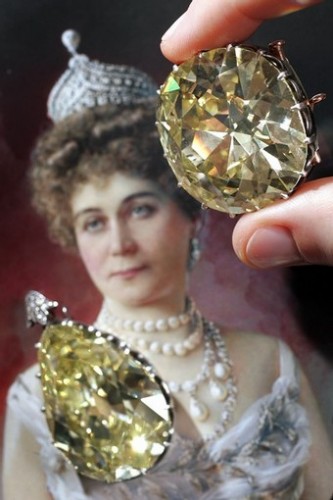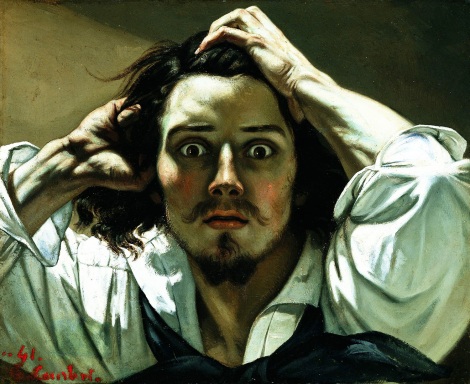
The massacre of April 9, 1834.
(Recently I’ve been reading about French counterculturalists, avant-gardists, bohemians, and revolutionaries during the period 1830-1848, which is really the source of all counterculturalism since then. It’s a work in progress and this is a scrap of it. This is my fourth revision of this piece.)
Nerval et les Bousingots, Francis Dumont, La Table Ronde, 1958
The word bousingot, which designates certain French political and literary rebels during the period 1830-1835 (and which is seen twice in Hugo’s Les Misérables), was used as a political label only during that very brief period and cannot be found in my ten pounds of French dictionaries: as Hugo explains in his novel, it had replaced the word ” jacobin“, and a little later was itself replaced by the word “demagogue”.
Luckily, ample materials exist on the internet for tracking down this word and its origins. The word comes from sailors’ and farmer’s argot and was adopted by Les Jeunes-France of the Petit Cénacle, a group of political and literary rebels of that era which included Théophile Gautier and Gérard de Nerval. Their enemies picked the word up to use against them, and the usage and the behavior it labeled both spread out into the greater society. Eventually it came to to designate more militant rebels (especially the students among them), and when these staged actual uprisings and brought heavy repression onto themselves, many of the original literary bousingots dropped the label. This use of the word survived as a historical reference to the rebels of that era, but the generic meaning “rebel” fell from use.
The “original meaning” of bousingot, reminds you of cur in Flann O’Brien’s legendary Old Irish Dictionary. “Bousingot” means manure, filth, a stable, a snuffbox, a dive bar, a whorehouse, a racket or hubbub, or a sailor’s hat. Of these meanings, per Argoji, only the “racket” / “whorehouse” meanings seem to have survived into the later nineteenth century, still as argot or slang.
Both in its base meaning and in its extended politico-cultural meaning the word “bousingot” is contested and aggressive, without a fixed referent and always looking for new victims. Conjecturally, the history of this never-respectable word goes as follows. To begin with, bousin meant stable or the floor of a stable, and the rare name Bousingot (attested only once in my google sample, in New France) is like the English name Stabler. (Nyrop gives many examples of this kind of -ot derivation.) By analogy bousin came to mean a low and dirty dive bars and whorehouses, especially on the waterfront, and bousingot came to mean the rowdies (perhaps “muckers”) who frequented such places, their rowdiness, their hats, and even their nasty snuffboxes. Les Jeunes-France picked up the name in a jocular way, Gozlan made it famous with his satires, the word spread wider and was adopted or applied to political demonstrators and rioters (especially the students among them), at which time the les Jeunes-France backed off. (In its extended cultural / political meaning the word could be either an accusation or a defiant and jocular self-description — which as often as not would later be disavowed). And finally, the word reverted to its rowdy dive bar meaning.
Altogether, an unstable and fluctuating word, but of a kind familiar in countercultural history, and a word whose career exemplifies the mutual dependency of counterculturalists and their bourgeois journalistic adversaries.
(This page has basically been a Google exercise. I started with Dumont’s book, of which I’d only read part, and proceeded to track the bousingots down using Google and Google Book. I was able to replicate a fair proportion of Dumont’s research and find out some things he hadn’t included. It’s been very satisfying and I will never understand people who badmouth the internet.
(more…)







